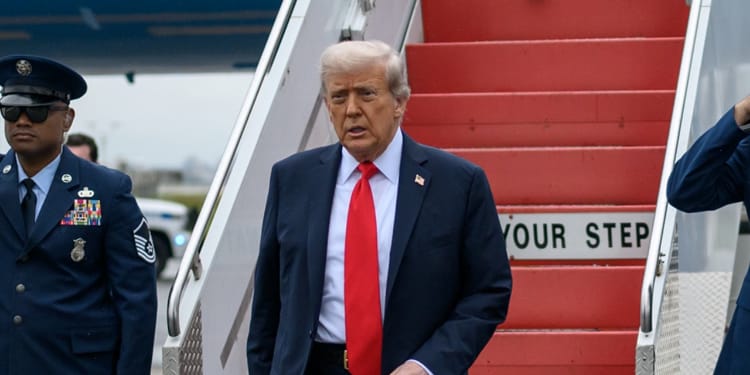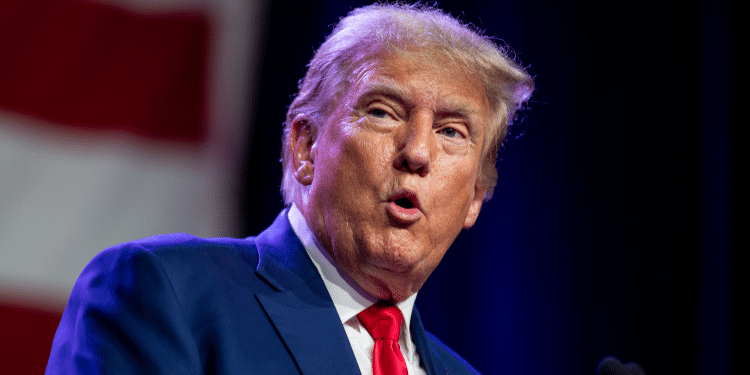US President Donald Trump signed a Proclamation invoking Section 232 of the Trade Expansion Act of 1962 (the Act) to impose tariffs on imports of timber, lumber, and their derivative products (wood products), a move aimed at bolstering the American timber industry and protecting national security.
In a statement on September 30, The White House stated that the Proclamation imposes a 10% global tariff on imports of softwood lumber and a 25% global tariff on certain upholstered furniture, which will increase to 30% on January 1, 2025.
It also imposes a 25% global tariff on kitchen cabinets and vanities, which will increase to 50% on January 1, 2025.
“Trading partners who negotiate with the United States to address the threat of wood imports to the national security of the United States may be able to secure an alternative to the pending tariff increases,” read part of the White House statement.
However, the United Kingdom (UK), the European Union (EU), and Japan will enjoy more favorable treatment that reflects the terms of their trade deals with the United States.
-
- The Section 232 tariff on subject wood imports from the United Kingdom will not exceed 10%.
- The combined Section 232 tariff and most-favored nation tariff on subject wood imports from the European Union and Japan will not exceed 15%.
Products that are not subject to these Section 232 tariffs will generally be subject to reciprocal tariffs instead.
The treatment of products on the list of Potential Tariff Adjustments for Aligned Partners (PTAAP) remains unchanged unless an antidumping or countervailing duty order applies.
Threat to National Security
The proclamation follows the Secretary of Commerce’s completion of a Section 232 investigation under the Act, which found that the present quantities and circumstances of the imports of wood products threaten to impair national security.
White House stated that Trump recognizes that an overreliance on foreign timber, lumber, and their derivative products could jeopardize the United States’ defense capabilities, construction industry, and economic strength.
Also Read: America’s New War as Trump Deploys U.S. Air Force Tankers to Europe
Uses of Wood Products in the US
Wood products serve as essential inputs across multiple sectors in the US.
It supports national defense, critical infrastructure, economic stability, and industrial resilience.
Lumber plays a vital role in civilian construction and military infrastructure.
The White House mentioned that the U.S. military spends over $10 billion annually on construction and is testing innovative wood products, such as cross-laminated timber.
“It is vital for the United States to possess manufacturing capabilities in the wood and lumber sector to ensure readiness and guarantee the national security.”
Also Read: Netanyahu Defies Trump’s Peace Plan, Blocks Gaza Pullout
Trump Comments on Overreliance
It stated that the US has been a net importer of lumber since 2016, despite having the practical production capacity to supply 95% of the United States’ 2024 softwood consumption.
The White House said that foreign supply chains and major exporters are increasingly filling U.S. demand, creating vulnerabilities to disruptions.
Besides, it explained that America’s reliance on imported lumber is exacerbated by foreign government subsidies and predatory trade practices, which undermine the competitiveness of the U.S. wood products industry.
“By imposing tariffs on wood products, President Trump is countering foreign subsidies and predatory practices that distort markets, making imported lumber less competitive and incentivizing the growth of domestic wood production to achieve self-sufficiency and mitigate supply chain risks to national security.”
Follow our WhatsApp Channel and X Account for real-time news updates.











































































